2012 Toyota RAV4 Brake Rotors and Pads
Click here to search another vehicle
All Rotors:
OEM x
Coated x
Drilled, Slotted and Coated x
Front x
Rear x
All Pads:
Ceramic x
Semi-metallic x
Front x
Rear x
Found 24 record
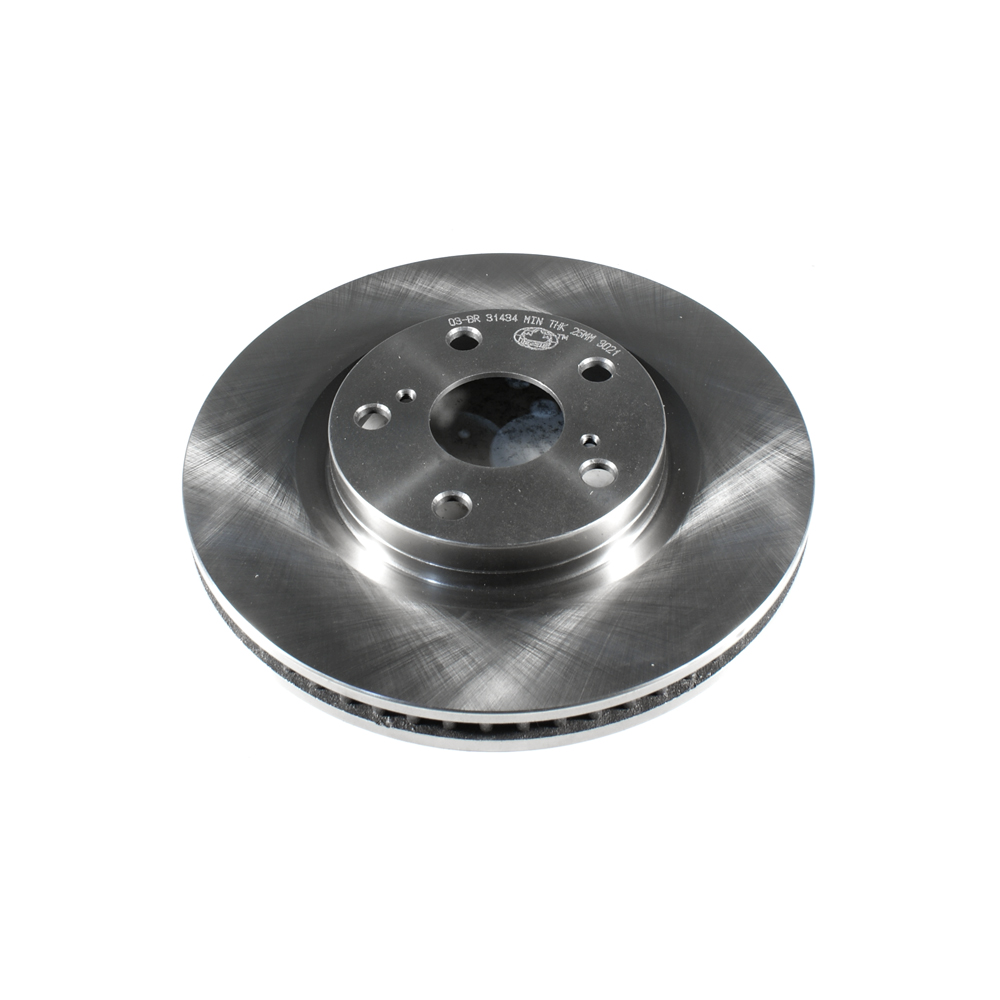
Part No: BR31434
Raybestos: 980470
OE: 4351206090, 435120R020
Raybestos: 980470
OE: 4351206090, 435120R020
$40.52 each
Per Car QTY: 2
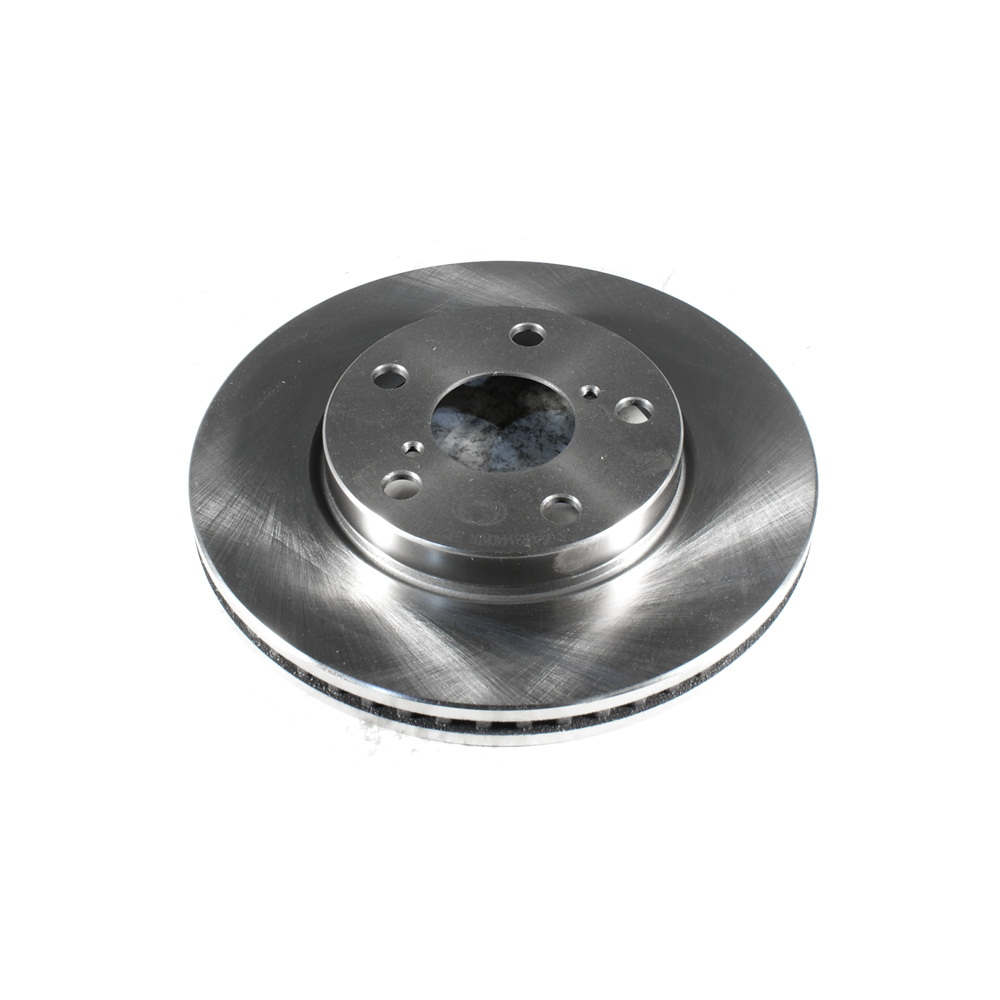
Part No: BR31440
Raybestos: 980477
OE: 4351242040, 435120R010
Raybestos: 980477
OE: 4351242040, 435120R010
$41.17 each
Per Car QTY: 2

Part No: BR31551
Raybestos: 980781
OE:
Raybestos: 980781
OE:
$43.58 each
Per Car QTY: 2
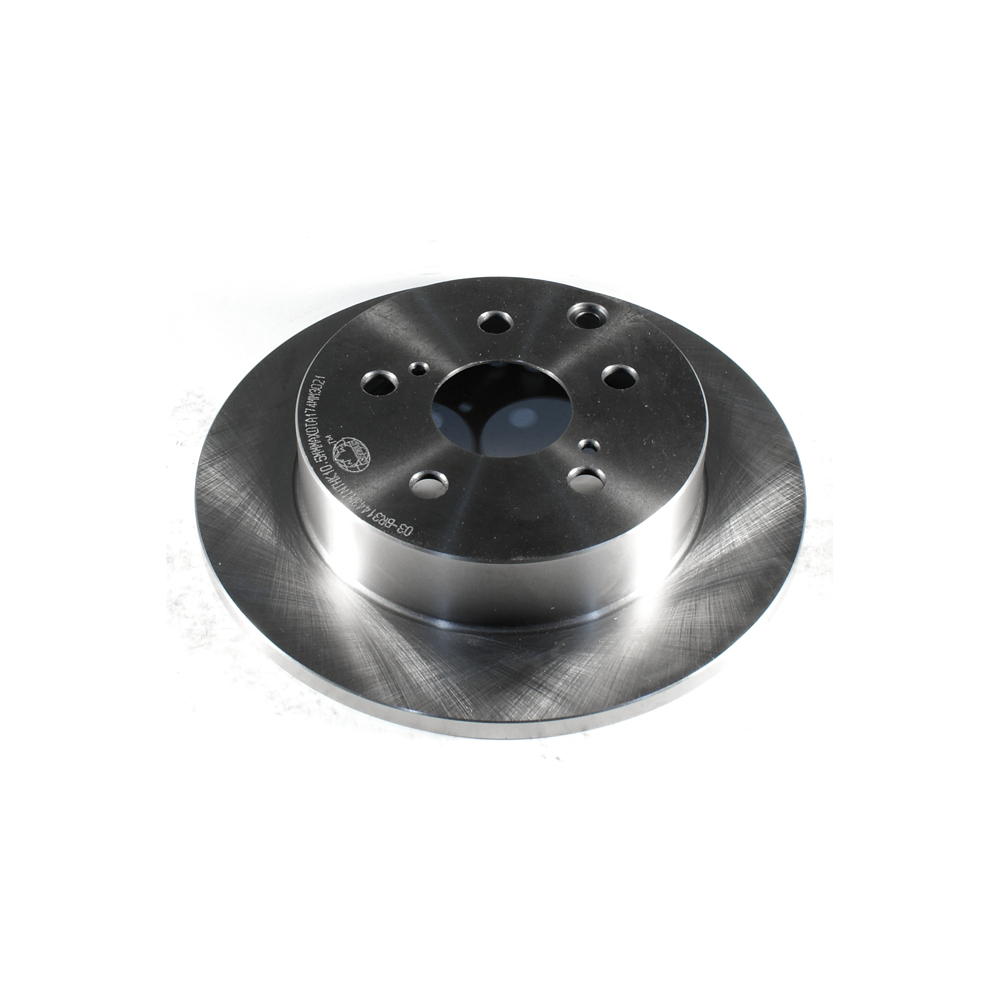
Part No: BR31443
Raybestos: 980483
OE: 4243142060
Raybestos: 980483
OE: 4243142060
$29.74 each
Per Car QTY: 2
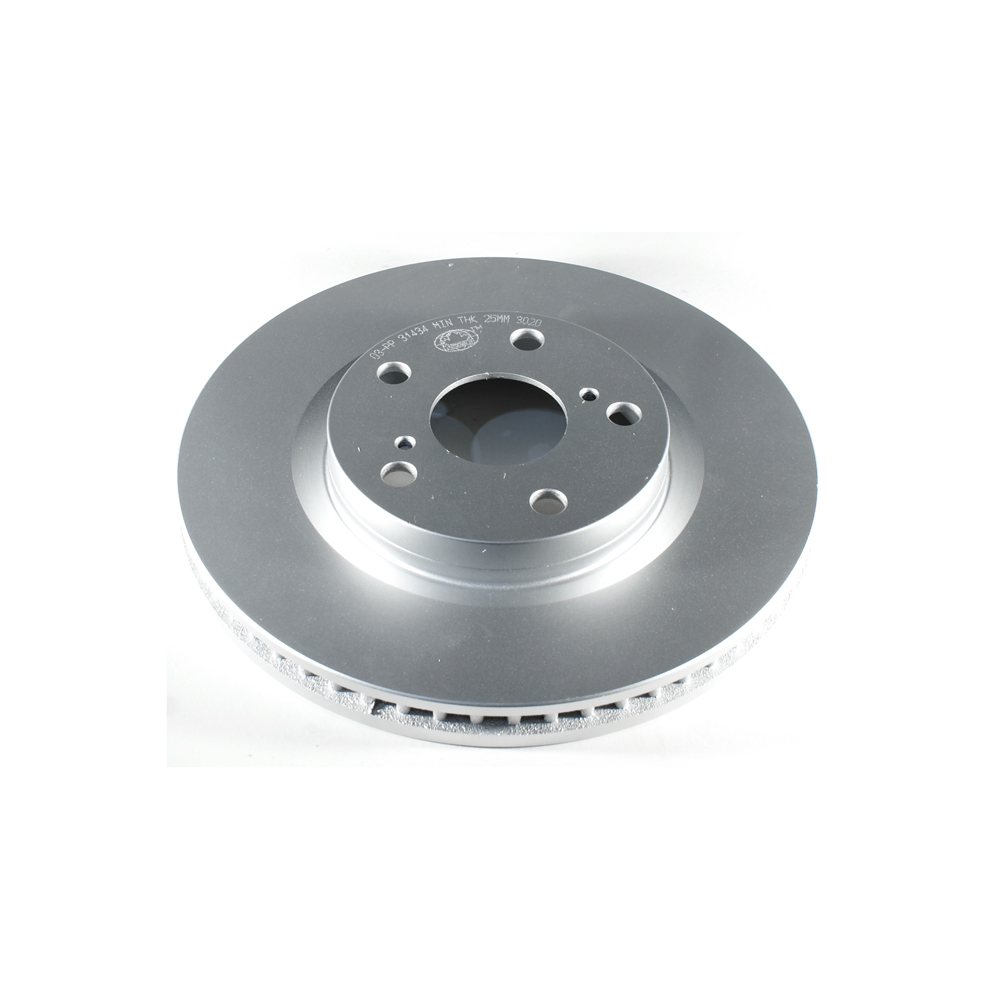
Part No: PP31434
Raybestos: 980470
OE: 4351206090, 435120R020
Raybestos: 980470
OE: 4351206090, 435120R020
$53.95 each
Per Car QTY: 2
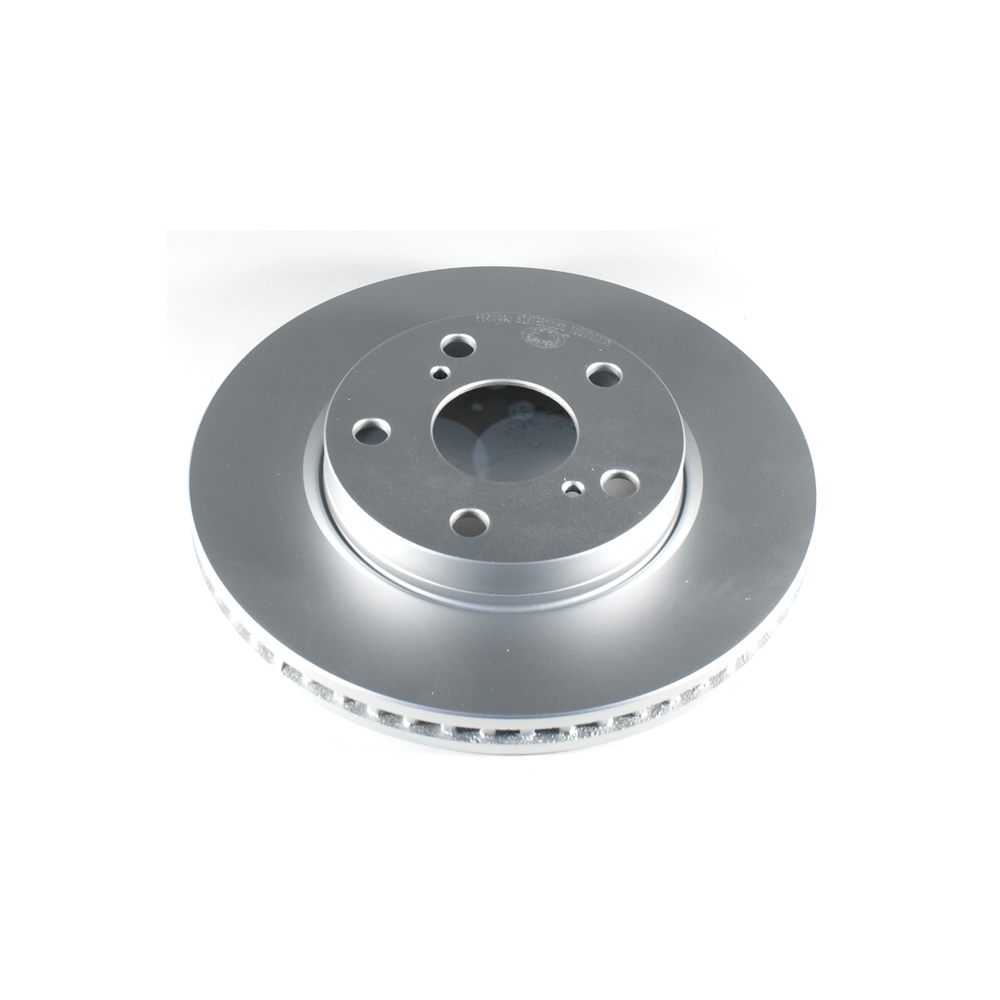
Part No: PP31440
Raybestos: 980477
OE: 4351242040, 435120R010
Raybestos: 980477
OE: 4351242040, 435120R010
$48.78 each
Per Car QTY: 2
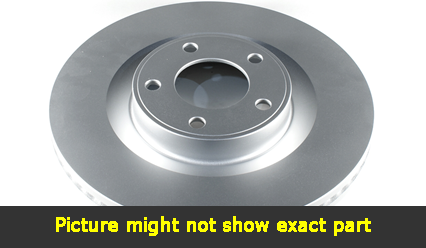
Part No: PP31551
Raybestos: 980781
OE:
Raybestos: 980781
OE:
$57.51 each
Per Car QTY: 2

Part No: PP31443
Raybestos: 980483
OE: 4243142060
Raybestos: 980483
OE: 4243142060
$39.96 each
Per Car QTY: 2
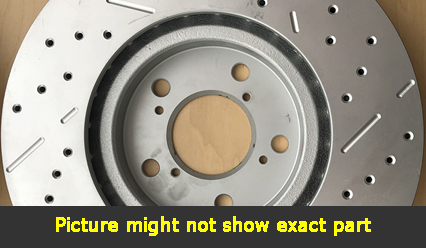
Drilled, Slotted and Coated Brake Rotor
Position: FRONT LEFT
Fitment Notes: 296mm, Rav 4 w/ third row seat
Position: FRONT LEFT
Fitment Notes: 296mm, Rav 4 w/ third row seat
Part No: SP31434L
Raybestos: 980470
OE: 4351206090, 435120R020
Raybestos: 980470
OE: 4351206090, 435120R020
$86.35 each
Per Car QTY: 1
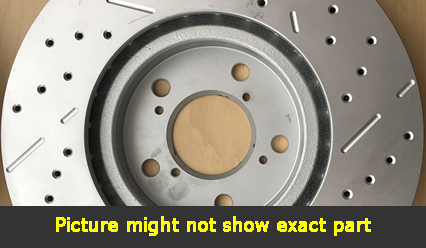
Drilled, Slotted and Coated Brake Rotor
Position: FRONT RIGHT
Fitment Notes: 296mm, Rav 4 w/ third row seat
Position: FRONT RIGHT
Fitment Notes: 296mm, Rav 4 w/ third row seat
Part No: SP31434R
Raybestos: 980470
OE: 4351206090, 435120R020
Raybestos: 980470
OE: 4351206090, 435120R020
$86.35 each
Per Car QTY: 1
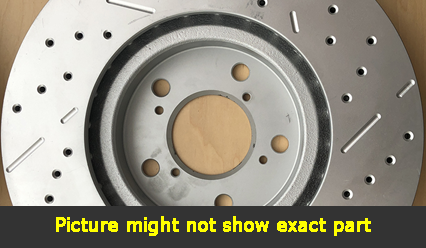
Part No: SP31440L
Raybestos: 980477
OE: 4351242040, 435120R010
Raybestos: 980477
OE: 4351242040, 435120R010
$81.18 each
Per Car QTY: 1
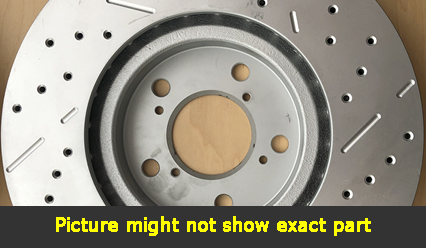
Part No: SP31440R
Raybestos: 980477
OE: 4351242040, 435120R010
Raybestos: 980477
OE: 4351242040, 435120R010
$81.18 each
Per Car QTY: 1
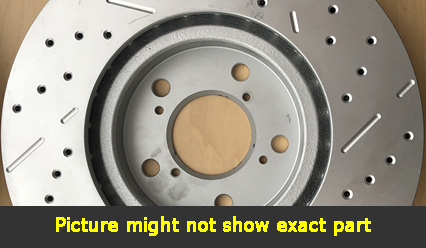
Part No: SP31551L
Raybestos: 980781
OE:
Raybestos: 980781
OE:
$89.91 each
Per Car QTY: 1
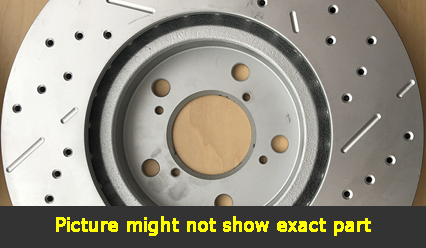
Part No: SP31551R
Raybestos: 980781
OE:
Raybestos: 980781
OE:
$89.91 each
Per Car QTY: 1
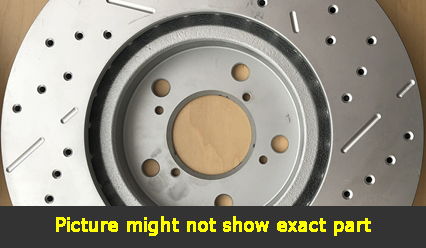
Part No: SP31443L
Raybestos: 980483
OE: 4243142060
Raybestos: 980483
OE: 4243142060
$72.36 each
Per Car QTY: 1
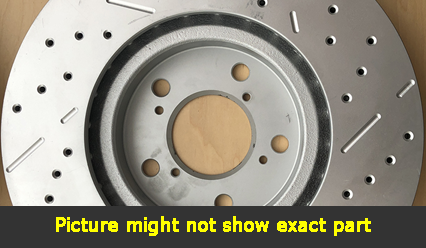
Part No: SP31443R
Raybestos: 980483
OE: 4243142060
Raybestos: 980483
OE: 4243142060
$72.36 each
Per Car QTY: 1
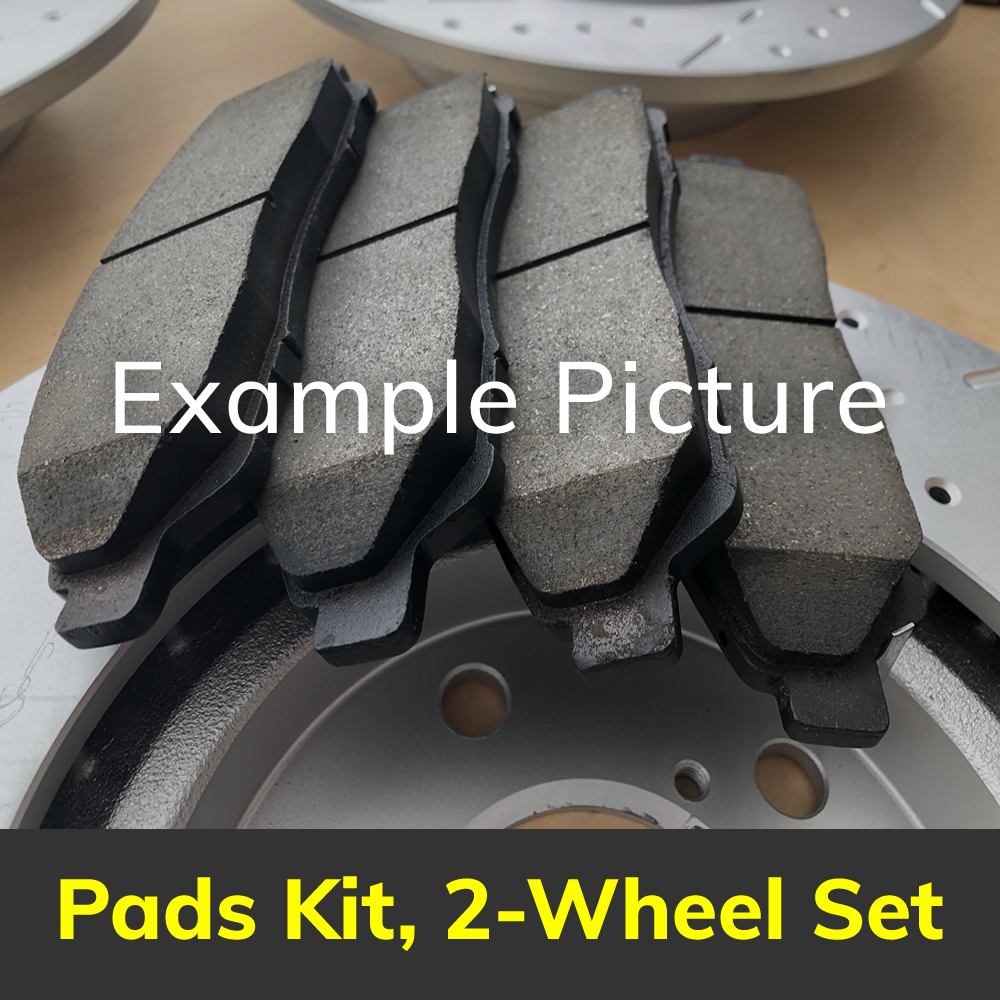
Part No: PD1210C
Raybestos: 1210
OE:
Raybestos: 1210
OE:
$36.92 each
Per Car QTY: 1
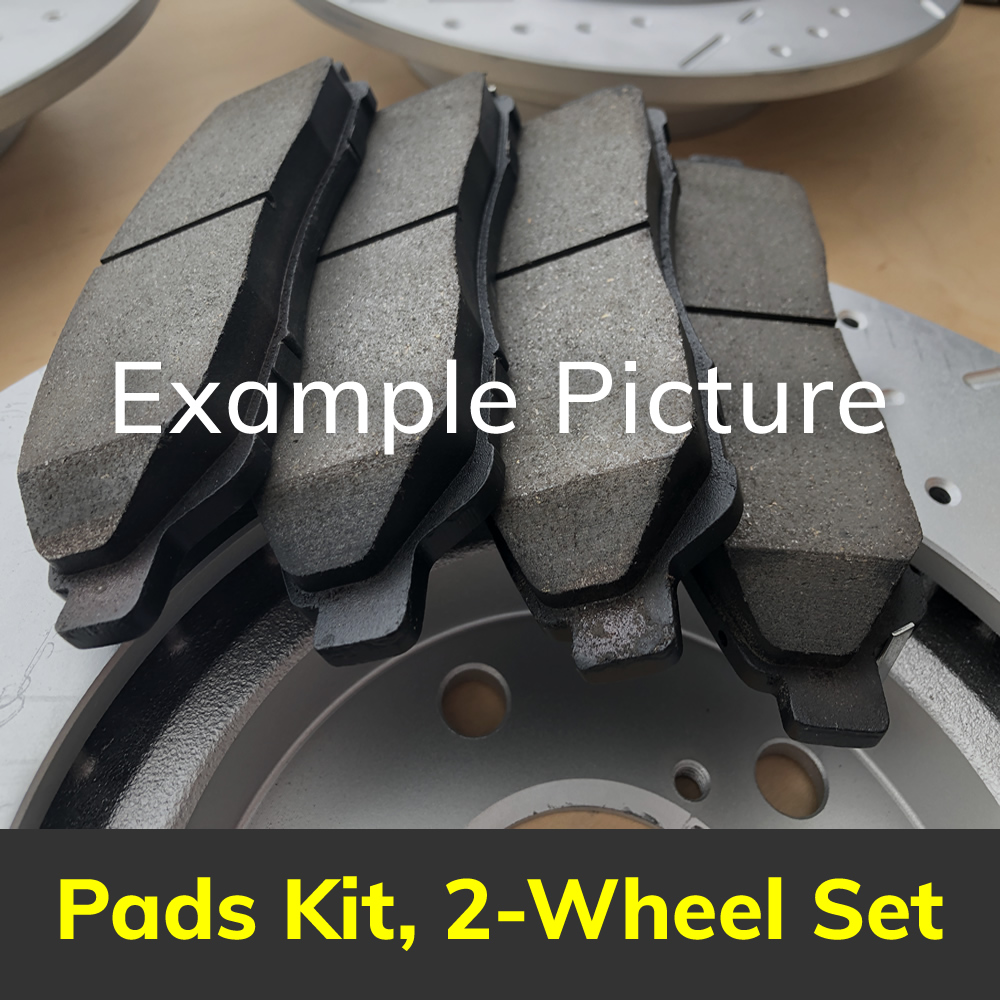
Part No: PD1211C
Raybestos: 1211
OE:
Raybestos: 1211
OE:
$34.04 each
Per Car QTY: 1

Part No: PD1212C
Raybestos: 1212
OE:
Raybestos: 1212
OE:
$39.44 each
Per Car QTY: 1
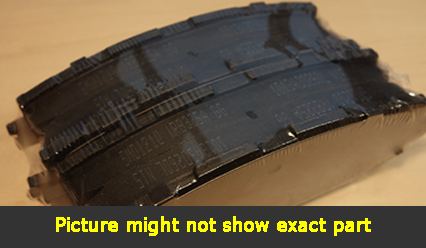
Part No: SMD1210
Raybestos:
OE:
Raybestos:
OE:
$25.74 each
Per Car QTY: 1
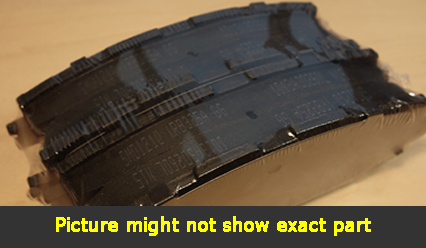
Part No: SMD1211
Raybestos:
OE:
Raybestos:
OE:
$30.35 each
Per Car QTY: 1
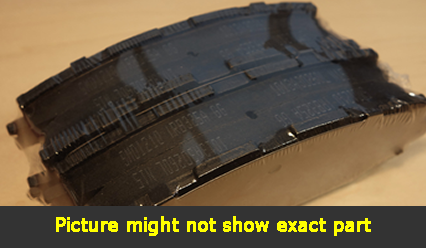
Part No: SMD1212
Raybestos:
OE:
Raybestos:
OE:
$22.59 each
Per Car QTY: 1
When it comes to ensuring the safety of your car, one of the most crucial components to consider is the braking system. Brakes play a vital role in stopping your vehicle and are an essential aspect of your car's overall performance. If you are the owner of a 2012 Toyota RAV4, here are some important rules to keep in mind when choosing brakes for your vehicle.
1. OEM vs. Aftermarket: The first decision you need to make is whether to go with the Original Equipment Manufacturer (OEM) brakes or aftermarket brakes. OEM brakes are the factory-installed brakes that come with your vehicle, specifically designed to match the manufacturer's specifications. On the other hand, aftermarket brakes are produced by third-party manufacturers and provide alternatives to OEM parts. While OEM brakes are considered more reliable and may ensure a perfect fit, aftermarket brakes can offer a wider range of choices in terms of performance, price, and quality. It's essential to do thorough research on reputable brands and check customer reviews before purchasing aftermarket brakes.
2. Consider Your Driving Habits: The type of driving you typically engage in should influence the type of brakes you choose. If you mostly drive in urban areas with frequent stop-and-go traffic, you need brake pads that have good heat dissipation capabilities and offer consistent performance. On the other hand, if you frequently engage in spirited driving or drive in hilly terrain, you may want to consider high-performance brake pads that can handle intense braking and offer better stopping power.
3. Performance vs. Longevity: There is a tradeoff between brake performance and longevity. High-performance brake pads are typically made of ceramic or semi-metallic materials. These pads provide excellent stopping power, but they may wear down faster, resulting in more frequent replacements. If you prioritize longer-lasting brakes over performance, you may opt for organic or non-asbestos organic (NAO) brake pads. These types of pads provide quieter operation and produce less brake dust, but they may not offer the same stopping power as high-performance options.
4. Rotor Compatibility: When replacing your brakes, it's crucial to ensure that the new brake pads are compatible with your rotors. Rotors can wear down over time and may need to be resurfaced or replaced. If you choose to upgrade your brake pads, make sure they are compatible with the condition of your rotors. It's recommended to have a professional mechanic inspect your rotors and determine whether they need to be machined or replaced before installing new brake pads.
5. Seek Professional Advice: When it comes to brake safety, it's always best to seek professional advice. Consult with a qualified mechanic, preferably one experienced with Toyota vehicles, to help guide you in choosing the right brakes for your 2012 Toyota RAV4. They can examine your vehicle, assess your driving habits, and recommend the most suitable brake pads and rotors that align with your needs and budget.
In conclusion, selecting the appropriate brakes for your 2012 Toyota RAV4 is essential to maintain safety and optimize performance. Whether you choose OEM brakes or aftermarket alternatives, consider your driving habits, the tradeoff between performance and longevity, rotor compatibility, and seek professional advice. By following these rules, you can ensure that your braking system remains reliable, providing you with peace of mind while on the road.
1. OEM vs. Aftermarket: The first decision you need to make is whether to go with the Original Equipment Manufacturer (OEM) brakes or aftermarket brakes. OEM brakes are the factory-installed brakes that come with your vehicle, specifically designed to match the manufacturer's specifications. On the other hand, aftermarket brakes are produced by third-party manufacturers and provide alternatives to OEM parts. While OEM brakes are considered more reliable and may ensure a perfect fit, aftermarket brakes can offer a wider range of choices in terms of performance, price, and quality. It's essential to do thorough research on reputable brands and check customer reviews before purchasing aftermarket brakes.
2. Consider Your Driving Habits: The type of driving you typically engage in should influence the type of brakes you choose. If you mostly drive in urban areas with frequent stop-and-go traffic, you need brake pads that have good heat dissipation capabilities and offer consistent performance. On the other hand, if you frequently engage in spirited driving or drive in hilly terrain, you may want to consider high-performance brake pads that can handle intense braking and offer better stopping power.
3. Performance vs. Longevity: There is a tradeoff between brake performance and longevity. High-performance brake pads are typically made of ceramic or semi-metallic materials. These pads provide excellent stopping power, but they may wear down faster, resulting in more frequent replacements. If you prioritize longer-lasting brakes over performance, you may opt for organic or non-asbestos organic (NAO) brake pads. These types of pads provide quieter operation and produce less brake dust, but they may not offer the same stopping power as high-performance options.
4. Rotor Compatibility: When replacing your brakes, it's crucial to ensure that the new brake pads are compatible with your rotors. Rotors can wear down over time and may need to be resurfaced or replaced. If you choose to upgrade your brake pads, make sure they are compatible with the condition of your rotors. It's recommended to have a professional mechanic inspect your rotors and determine whether they need to be machined or replaced before installing new brake pads.
5. Seek Professional Advice: When it comes to brake safety, it's always best to seek professional advice. Consult with a qualified mechanic, preferably one experienced with Toyota vehicles, to help guide you in choosing the right brakes for your 2012 Toyota RAV4. They can examine your vehicle, assess your driving habits, and recommend the most suitable brake pads and rotors that align with your needs and budget.
In conclusion, selecting the appropriate brakes for your 2012 Toyota RAV4 is essential to maintain safety and optimize performance. Whether you choose OEM brakes or aftermarket alternatives, consider your driving habits, the tradeoff between performance and longevity, rotor compatibility, and seek professional advice. By following these rules, you can ensure that your braking system remains reliable, providing you with peace of mind while on the road.




